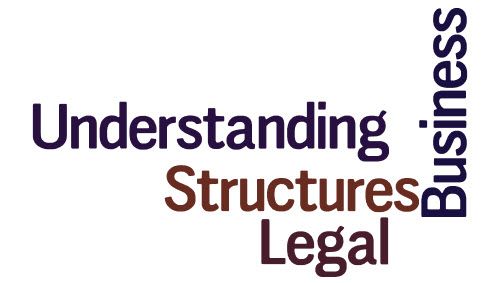When starting a tech business, one of the most important decisions you will need to make is choosing the right legal structure. The legal structure you choose will have a significant impact on your business in terms of liability, taxes, and overall operations. In this article, we will explore the different types of business legal structures available to tech entrepreneurs and the key considerations you should keep in mind when making this crucial decision.
Sole Proprietorship
A sole proprietorship is the simplest form of business legal structure and is often the default option for tech entrepreneurs starting out on their own. In a sole proprietorship, the business is owned and operated by one individual who is personally responsible for all aspects of the business, including debts and liabilities. While a sole proprietorship offers maximum autonomy and flexibility, it also exposes the owner to unlimited personal liability, meaning their personal assets could be at risk in the event of a lawsuit or bankruptcy.
Partnership
A partnership is a legal structure in which two or more individuals share ownership of a business. There are two main types of partnerships: general partnerships and limited partnerships. In a general partnership, all partners are equally responsible for the business’s debts and liabilities. In a limited partnership, there is at least one general partner who has unlimited liability and one or more limited partners who have limited liability based on their investment in the business. Partnerships offer shared decision-making and resources but also come with potential conflicts and shared liability.
Limited Liability Company (LLC)
An LLC is a hybrid legal structure that combines the flexibility and tax benefits of a partnership with the limited liability protection of a corporation. In an LLC, owners are called members and are shielded from personal liability for the company’s debts and obligations. LLCs are popular among tech entrepreneurs because they offer a good balance of liability protection and tax advantages, as profits are passed through to the members and taxed at their individual rates. Additionally, LLCs are relatively easy to set up and maintain compared to corporations.
Corporation
A corporation is a separate legal entity from its owners, known as shareholders. Corporations offer the most protection against personal liability, as shareholders’ assets are generally shielded from the company’s debts and obligations. However, corporations are subject to more complex regulations and formalities, such as annual meetings, corporate governance, and double taxation (profits are taxed at the corporate level and then again when distributed as dividends to shareholders). Tech startups seeking venture capital funding or planning to go public often choose the corporation legal structure for its scalability and attractiveness to investors.
Key Considerations
When choosing a business legal structure for your tech startup, there are several key considerations to keep in mind:
Liability Protection: How much personal risk are you willing to take on? Choose a legal structure that shields your personal assets from business liabilities.
Tax Implications: Consider the tax implications of each legal structure and choose the one that offers the most favorable tax treatment for your business.
Operational Flexibility: How much control and decision-making power do you want? Balance autonomy with shared ownership and management responsibilities.
Cost and Complexity: Consider the setup and ongoing maintenance costs associated with each legal structure, as well as any regulatory requirements.
Ultimately, the right business legal structure for your tech startup will depend on your specific goals, needs, and circumstances. It’s important to consult with a legal professional or business advisor to evaluate your options and make an informed decision that sets your business up for success.
Conclusion
Choosing the right business legal structure is a critical step in building a successful tech startup. Each legal structure offers unique advantages and disadvantages in terms of liability protection, taxes, and operational flexibility. By understanding the different types of business legal structures available and considering key factors such as liability protection, tax implications, operational flexibility, and cost, tech entrepreneurs can make an informed decision that aligns with their business goals and sets them up for success in the competitive tech industry.
